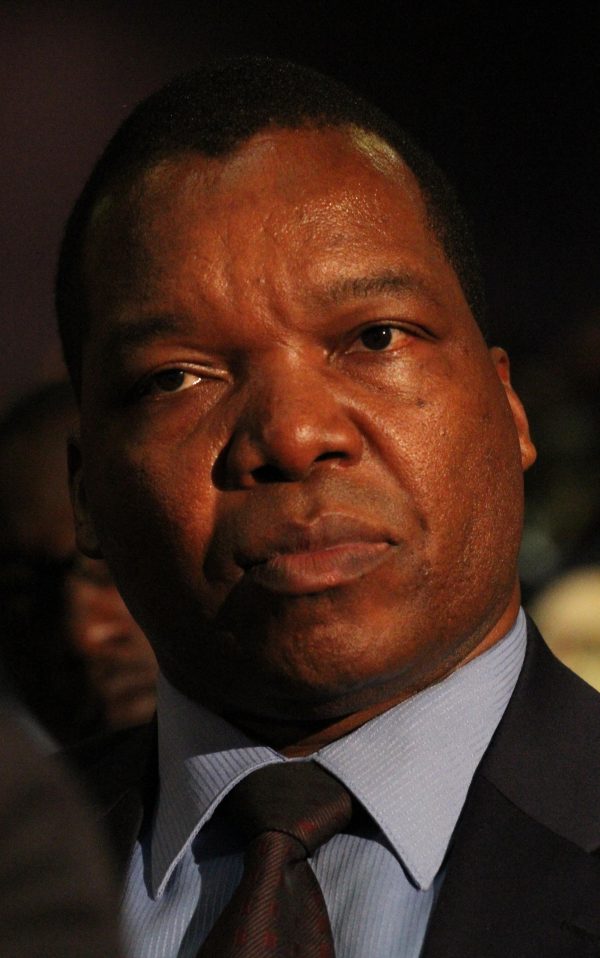
THE parallel market is increasingly growing its influence in the economy with rising premiums on the dollar amid fears of inflation getting out of control.
BY TATIRA ZWINOIRA
At the start of last week, premiums for the dollar using real time gross settlement (RTGS) balances were ranging between 90% and 95% but later increased to 100%.
On Friday, the rate was ranging between 50% and 90% depending on the amount.
The result of this trend has seen prices of commodities rising at least every fortnight as companies seek to recoup the cost of purchasing that forex from the consumer. This in turn, has led to rising inflation.
Last month, the Industry and Commerce ministry pegged these increments at between 30 and 100%.
Year on year inflation for October was 2,24% after gaining 1,46 percentage points on the September figures.
Confederation of Zimbabwe Industries (CZI) president Sifelani Jabangwe told Standardbusiness the movement in premiums meant that the parallel market had an influence on the economy, although it did not exactly control it.
- Chamisa under fire over US$120K donation
- Mavhunga puts DeMbare into Chibuku quarterfinals
- Pension funds bet on Cabora Bassa oilfields
- Councils defy govt fire tender directive
Keep Reading
“I think it is influencing it. If you look at the CZI manufacturing survey 2017, it outlines that only 50% of the companies were getting [hard] currency at low cost,” he said.
“In other words, only 50% are getting full allocations from the Reserve Bank of Zimbabwe (RBZ) because the currency is in short supply.
“So what that means is that the rest have to go to the parallel market. That is how the parallel market gets to influence the economy.
“There is a difference between influencing and controlling. The latter would mean that companies sourcing forex on the parallel market would be the only thing on the market but the fact that other companies are getting money through central bank allocations reduces the control factor.”
Jabangwe said the fact that price increments were mostly seen at companies that imported goods showed that the parallel market was as of now just influencing the economy.
Last month, central bank governor John Mangudya said high premiums charged on the parallel market for the dollar pushed commodity prices up.
Economist Tony Hawkins said the parallel market was influencing the economy as witnessed by the devaluation of the United States dollar by nearly 80%.
“If you look at it, you have probably got an 80% devaluation of the currency over the last year using the parallel market as a guide and that clearly feeds into inflation and rising prices,” he said.
“But, what we do not know is what proportion of imports is being funded through the parallel market. Presumably, it is a growing proportion and is going to continue growing.
“I suspect that because of the obtaining political developments in the country we are likely to see a growing outflow of funds because people are going to want to get their money out rather than bringing it in.
“So, I think the pressure on the parallel market although we have not seen it since the beginning of this week is more likely to grow.”
Government adviser and economist Ashok Chakravarti said he also thought that the parallel market was influencing and not controlling the economy.
“I do not think the parallel market is the dominant part of the economy, I just do not,” he said.
Analysts have, however, warned that if the situation was not rectified, the parallel market would eventually control the economy.











